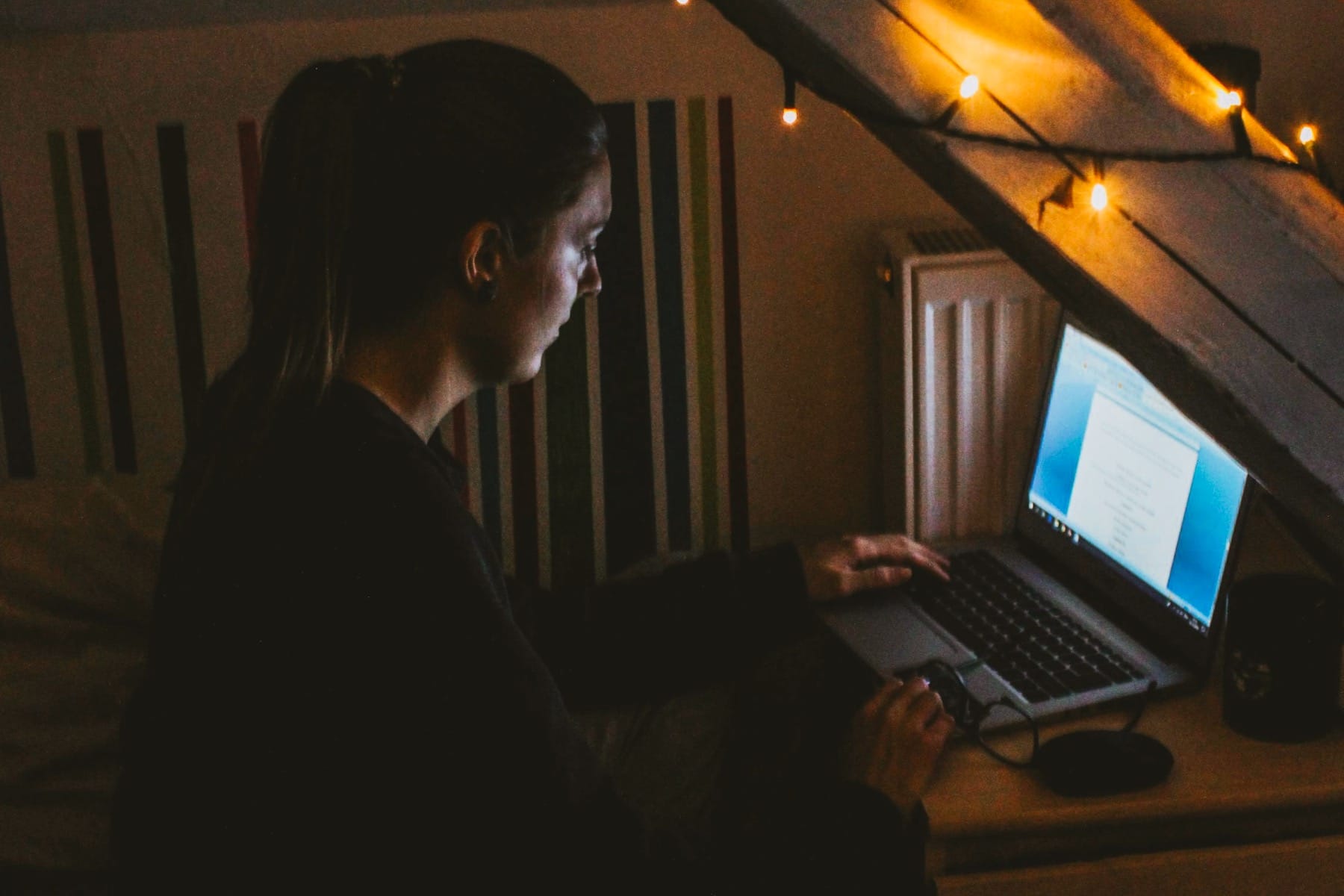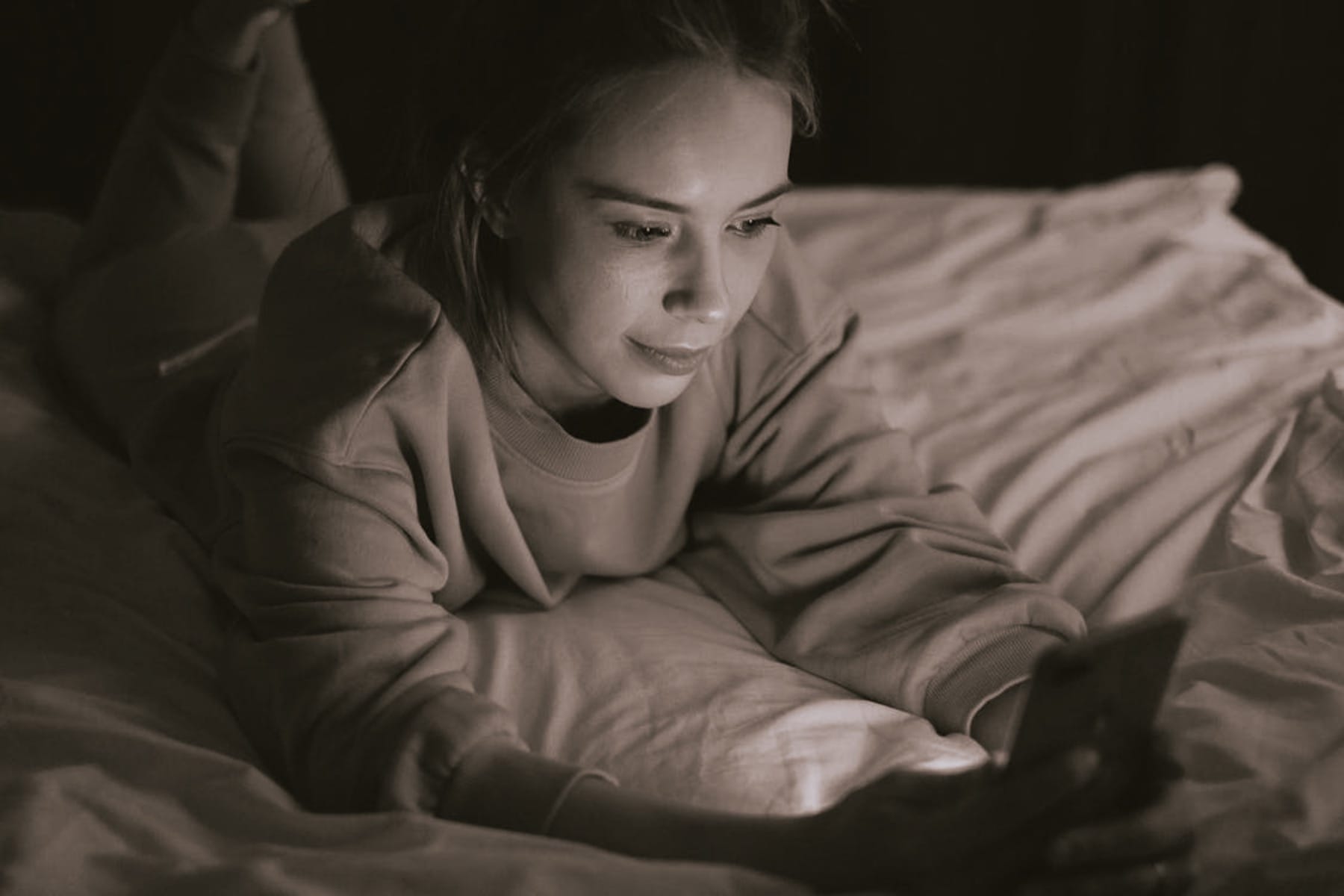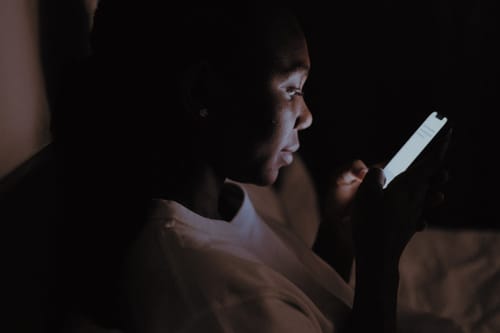That glowing rectangle glued to your palm isn’t just sabotaging your social life—it’s also quietly waging war on your internal organs. Who would’ve guessed? Enter Dr. Randy J. Nelson, our intrepid explorer of artificial light’s dark side.
Rather than just chilling like the rest of us, he’s spent the last decade poking around in the murky world of nighttime illumination. And, as revealed in a recent Genomic Press Innovators & Ideas interview (featured in the ever-catchy Brain Medicine), his findings suggest that our beloved screens are basically supervillains for our bodies.
Before Nelson became a “world-leading authority” on biological rhythms, he apparently tried his hand at farm work and, for good measure, served as an autopsy assistant. So yes, the man’s seen things. Now, after years of research at West Virginia University, he’s sounding the alarm: your late-night Netflix habit isn’t just making you groggy.

It’s rewiring your immune system, triggering neuroinflammation (think: your brain throwing a fit), messing up your metabolism, and even tanking your mood. That random crankiness? Blame your LED desk lamp.
Nelson’s lab has been churning out “groundbreaking findings” that basically amount to: “Remember how evolution designed us to run on sunlight and darkness? Yeah, we’re totally ignoring that now.”
The damage
The fallout? Your immune system is either going berserk or waving the white flag. Your metabolism? Confused and not doing you any favors. And your brain? Just plain bummed out. So, that 2 AM pizza run under the warm glow of your phone? Your insides are not impressed.
But Dr. Nelson isn’t just here to rain on your parade. He’s asking the tough questions, like, “Which wavelengths of light are the real troublemakers?” and “How long until my body forgives me for all those sleepless nights?” (Spoiler: it’s not happening overnight.)

And because he’s a bona fide do-gooder, his team is running clinical trials to see if they can shield ICU patients from these disruptive light effects. Imagine trying to recover from a stroke while being bathed in fluorescent glare 24/7. No wonder hospitals don’t exactly scream ‘restful.’
The fix
As Nelson puts it, “Foundational science is great, but let’s actually put it to use!” But wait, there’s more! Even the night shift nurses—those unsung heroes—are getting the short end of the stick. Nelson’s team is testing out “bright blue light visors” to help reset their scrambled internal clocks. Because who needs regular sleep when you can have a futuristic visor instead?

The bottom line? Stop pretending you’re nocturnal (unless you actually are—and maybe even then, reconsider the screen time). Nelson’s work is basically a giant, science-backed “I told you so” about our evolutionary wiring.
Skip the evening screens, opt for gentler lighting after dark, and consider heading to bed at a sane hour. Your immune system, metabolism, and mental health will thank you. And if you need a little extra convincing, check out his book, “Dark Matters”—it might just inspire you to flip the switch and call it a night.

